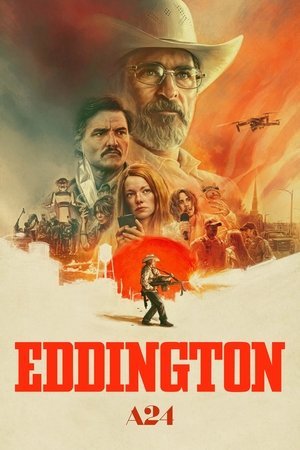"Children of Glory" narrates a remarkable and poignant chapter from Hungarian history during the Revolution of 1956. The film is set against the backdrop of two significant events that unfolded simultaneously: the turmoil in Budapest where Soviet tanks laid waste to the city, and the Melbourne Olympics held in October and November of the same year. It is here, amidst the chaos of war, that the Hungarian water polo team emerged victorious over their Soviet counterparts in a match that would be remembered as the bloodiest game in water polo history. As the nation struggled for freedom in Budapest, these athletes fought on another frontline - in the pool - embodying resilience and strength, and representing the unwavering spirit of Hungary during this tumultuous period.
What Makes "Children of Glory" Stand Out:
- The film's unique setting allows it to explore both athletic triumph and political strife, creating a compelling narrative that resonates beyond the sports genre.
- With its strong sense of national pride and focus on resilience amidst adversity, 'Children of Glory' stands out as an inspiring portrayal of the human spirit.
- Outstanding performances from the ensemble cast bring depth and authenticity to this riveting tale of history, sport, and personal sacrifice.
Fun Facts:
- In this historical drama, real-life events from the Hungarian Revolution of 1956 are interwoven with a thrilling water polo match at the Melbourne Olympics.
- The climactic water polo game is based on an actual event where the Hungarian team defeated their Soviet opponents in a match that has been called the bloodiest in water polo history.
- Besides showcasing sportsmanship, 'Children of Glory' also brings to light the broader struggle for freedom in Hungary during this tumultuous period.





















Comments & Reviews